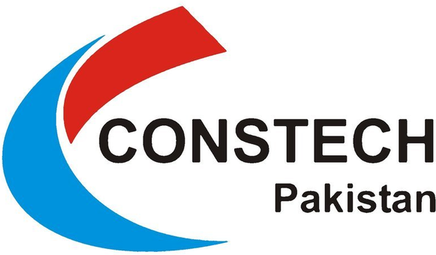ISO 16949
ISO 16949 refers to the ISO/TS 16949 standard, which is a technical specification and quality management system standard specifically developed for the automotive industry. However, it’s important to note that the status and details of standards may change, and it’s recommended to check with the latest sources for any updates or revisions. ISO/TS 16949:2009, titled “Quality management systems — Particular requirements for the application of ISO 9001:2008 for automotive production and relevant service part organizations,” was the last version of this technical specification.
Key features and requirements of ISO/TS 16949 included:
Quality Management System: ISO/TS 16949 was designed to be used in conjunction with ISO 9001:2008 and provided additional requirements specific to the automotive industry. It outlined the criteria for establishing, implementing, maintaining, and continually improving a quality management system.
Customer-Specific Requirements: The standard addressed customer-specific requirements and expectations in the automotive sector, ensuring that suppliers to the automotive industry met the specific quality and safety standards demanded by automotive manufacturers.
Process Approach: Like ISO 9001, ISO/TS 16949 emphasized a process approach to quality management, requiring organizations to identify and manage key processes to achieve quality objectives and meet customer requirements.
Risk Management: The standard integrated the concept of risk management into the quality management system, recognizing the importance of identifying and mitigating risks associated with automotive production.
Product Safety: ISO/TS 16949 placed a strong emphasis on product safety, requiring organizations to consider safety aspects in the design, development, and production of automotive products.
Continual Improvement: Similar to ISO 9001, the standard promoted a culture of continual improvement, encouraging organizations to monitor and analyze performance data, conduct regular internal audits, and implement corrective and preventive actions.
It’s worth noting that ISO/TS 16949 underwent a revision process to align with the ISO 9001:2015 structure and was expected to be replaced by the IATF 16949 standard. The International Automotive Task Force (IATF) manages this replacement, and organizations in the automotive industry are advised to refer to the latest version and updates provided by the IATF.
